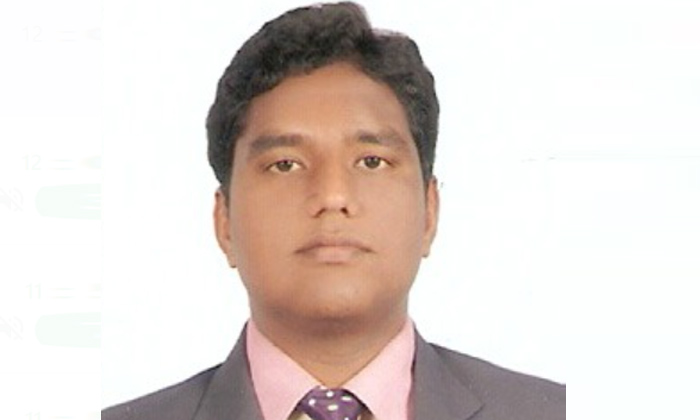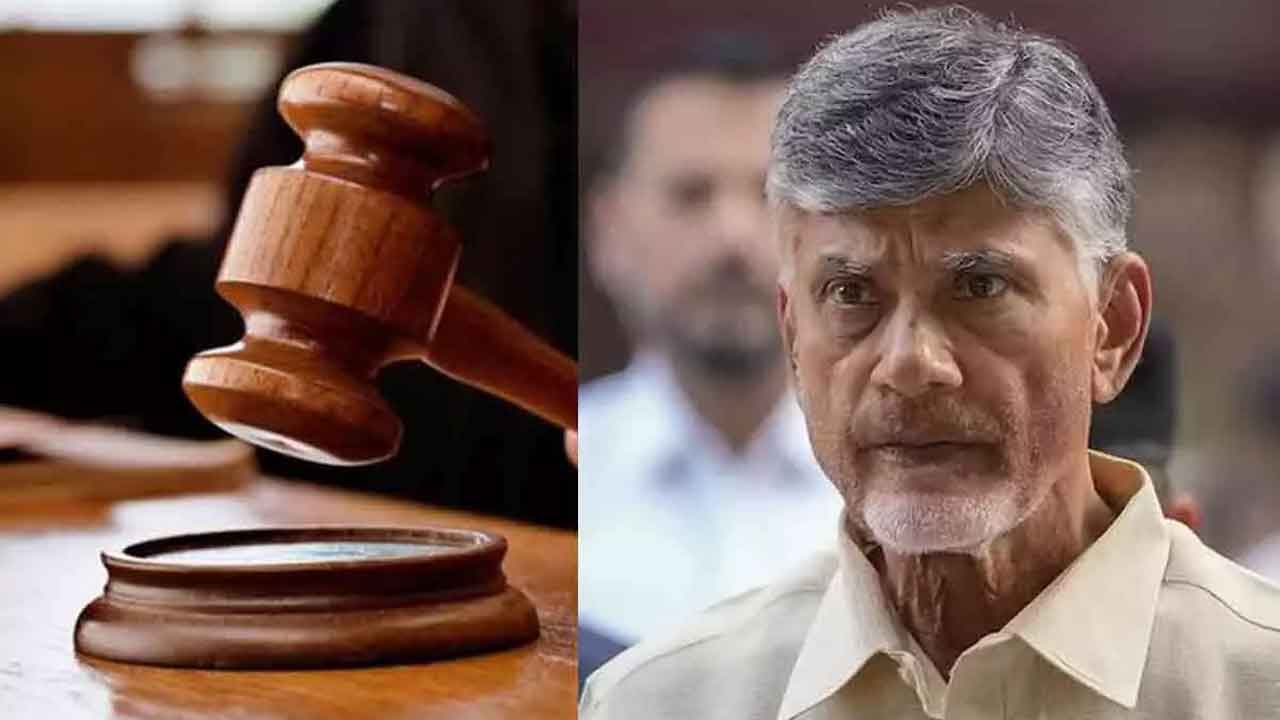The ACB Court in Vijayawada held a hearing on Friday regarding the PT warrant issued by the CID against TDP national president and former Chief Minister Chandrababu Naidu in the Fibernet case.
The next hearing has been adjourned to November 10, as per a memo filed by the CID’s legal representatives, citing that the Supreme Court has scheduled Chandrababu Naidu’s anticipatory bail plea for November 9.
During the proceedings, the ACB Court also addressed Chandrababu Naidu’s petition, requesting access to the call data records of the CID officers involved in his arrest.
The CID has been directed to submit a counter.The public prosecutor for the CID requested additional time until the 26th of this month, prompting the ACB Court to adjourn the next hearing to October 26.
What’s the case about?
Chandrababu Naidu who currently is in judicial remand is facing accusations of financial irregularities in the execution of the Fibernet project during his tenure as Chief Minister of Andhra Pradesh.
In the initial phase of the project, valued at Rs.333 crore, it is alleged that there was a misappropriation of Rs.115 crore.The overall project was valued at ₹2,000 crore.
The CID claims that Terasoft, associated with Vemuri Harikrishna (who has close ties to Chandrababu Naidu) and Naidu’s son Lokesh, was granted the work order.
The CID further contends that Naidu manipulated procedures to favor Terasoft in the contract awarding process.
The prosecution asserts that Naidu’s involvement in the scam was established during the police investigation, leading to his inclusion in the case.
Additionally, the prosecution points out that the Enforcement Directorate had suspicions of potential money laundering related to the scam.
The prosecution’s narrative elucidates how the irregularities unfolded in the project’s execution.They emphasize that Vemuri Harikrishna, previously a director of the AP e-Governance Council, was appointed as a member of the technical evaluation committee responsible for tender finalization.
It is argued that significant corruption opportunities were created by awarding the work to Terasoft, a company with a prior blacklisting history.The prosecution alleges that around ₹114 crore was diverted into 10 bank accounts belonging to various companies.







